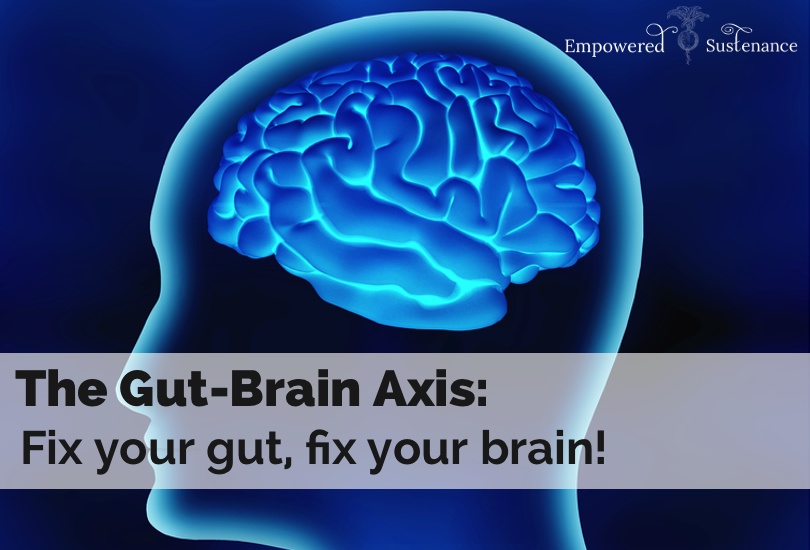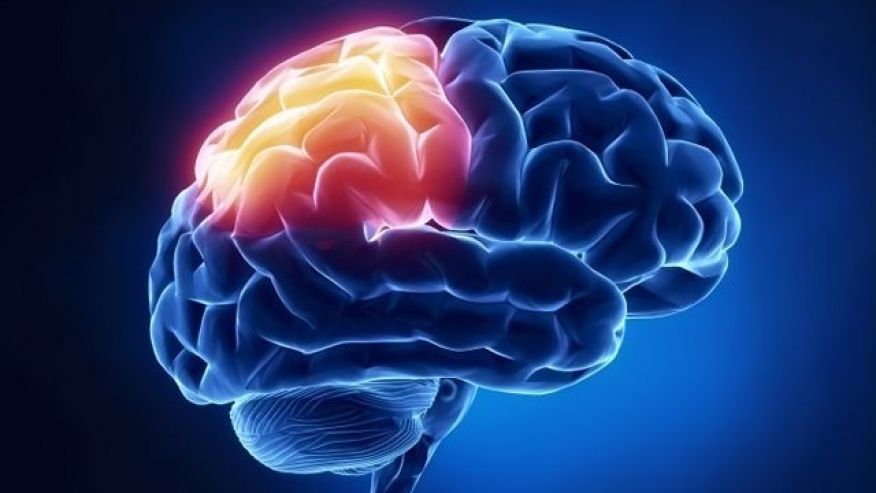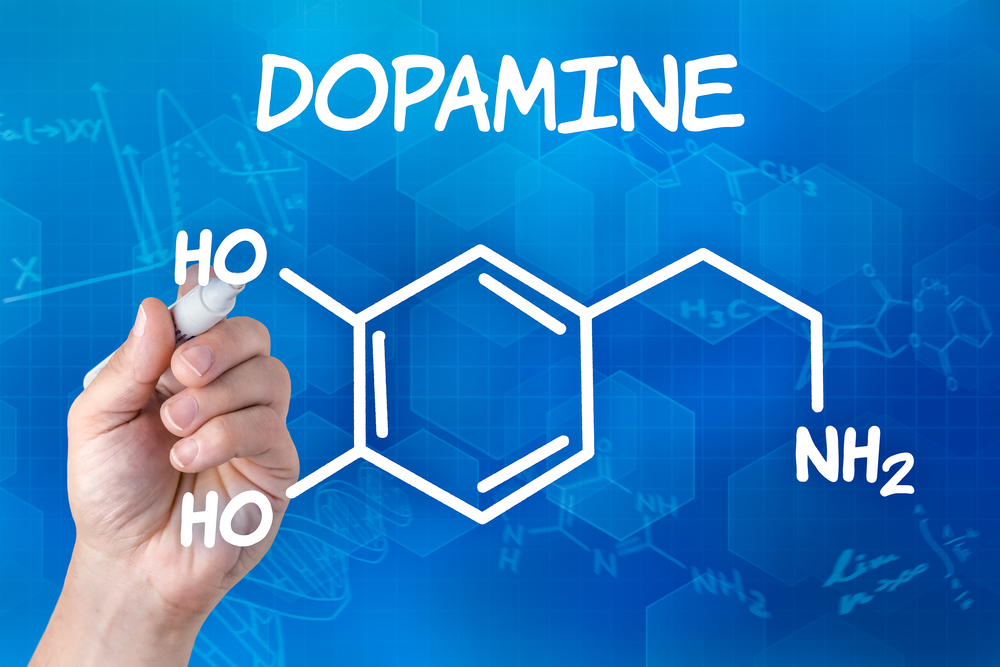Human brain functionalities

Human brain functionalities can engage any gear of coordinating the whole body systems
Human brain functionalities: The human operation manager
Have you ever considered how the brain works, the amount of information being processed by this organ is huge and what is surprising is how orderly and efficient they are being processed. Take for example one of the life practical examples like driving a car. A lot of multi-tasking takes place. One will have to position him/herself well on the steering wheel, focused on the road and not sleeping, communicate with your feet, leg, hands, and arms, knowing where the brakes are among very many things like listening to the radio, talking to your passengers etc. now coming to the human brain functionalities, you can imagine the kind of speed involved in processing such data all at the same time. So many, these tasks may appear simple owing to the experience one has in driving nonetheless, this may not be so if you bring in the nerve center. In fact, all these one is only able to do because of the proper functionality of your brain and so how does the brain work all these efficiently and perfectly? Keep reading to find out.
Human brain functionalities: Different brain regions contribute to the regulation of different functions
Taking our example of driving as the bigger task, the brain will break it into smaller units like communicating, hearing, seeing etc. for them to be processed. A section of the brain will analyze the movement of objects we see, the other part will be organizing the tasks, in other words, each part of the brain carry out specific task meaning that whenever a given task is to be done the right information is processed by that specific part of the brain. The other aspect of the brain is that in the event that a section of the brain is damaged then all the functions done by that section will not be done and that is why in an accident if the occipital lobe at the back of the brain is damaged then blindness occurs but other unaffected areas like seeing and movement continues to function normally because the job of seeing is highly compartmentalized, individuals who have lost one aspect of sight like the ability to see colors or to recognize faces, may still be able to do other visual tasks. And so you can imagine being able to recognize people by hearing their voices but not being able to recognize them by their faces when you see them?
According to the experts at AWAREmed health and wellness resource center under the leadership of doctor Dalal Akoury MD, the advantage of this localization of function is when larger jobs are parceled out throughout the brain they all can be done at once. This decentralization of labor adds great speed to our ability to understand what is happening in the world around us, to analyze it, and then to generate appropriate responses. Dealing with information in this way is called parallel processing and it has been used by the computer scientists in the development of computers.
Finally, the human brain is sensitive and consists of several large regions, each being responsible for some of the activities necessary for life. When the brain is under the influence of drugs, life becomes unbearable. Some of the brains regions include the brainstem, cerebellum, limbic system, diencephalon, and cerebral cortex. Having appreciated the human brain functionalities, it is important to keep it safe from all substances of abuse. You can call on doctor Akoury for more professional help now.
Human brain functionalities: The human operation manager
http://www.integrativeaddictionconference.com/wp-admin







